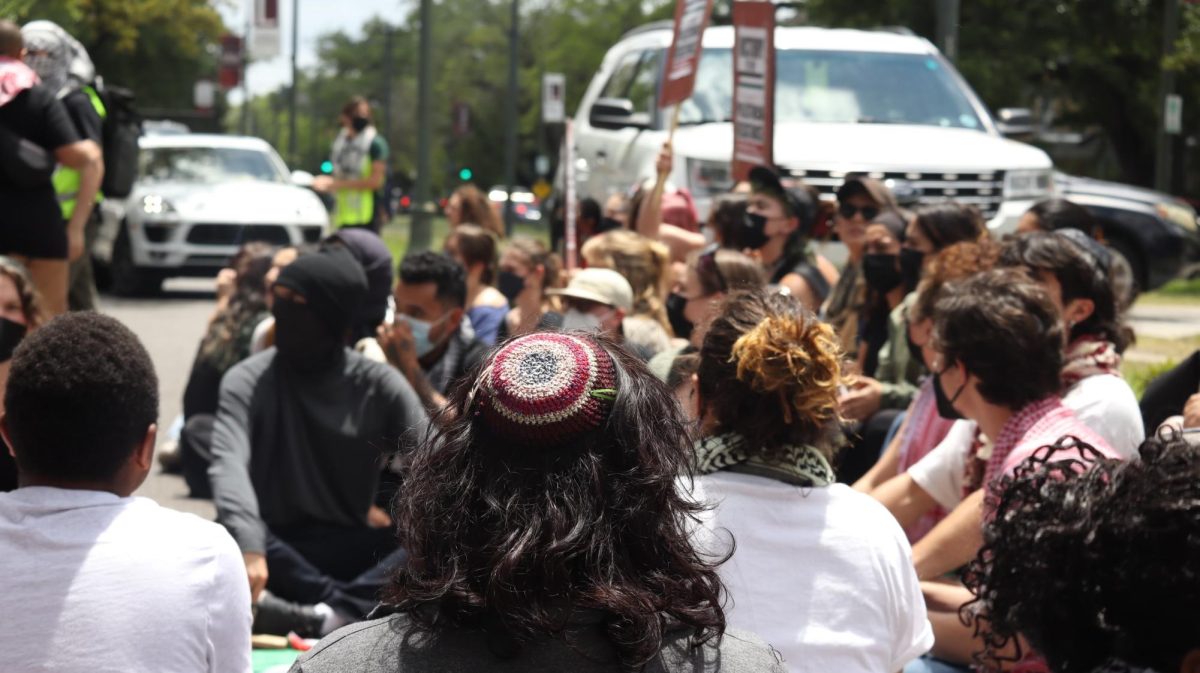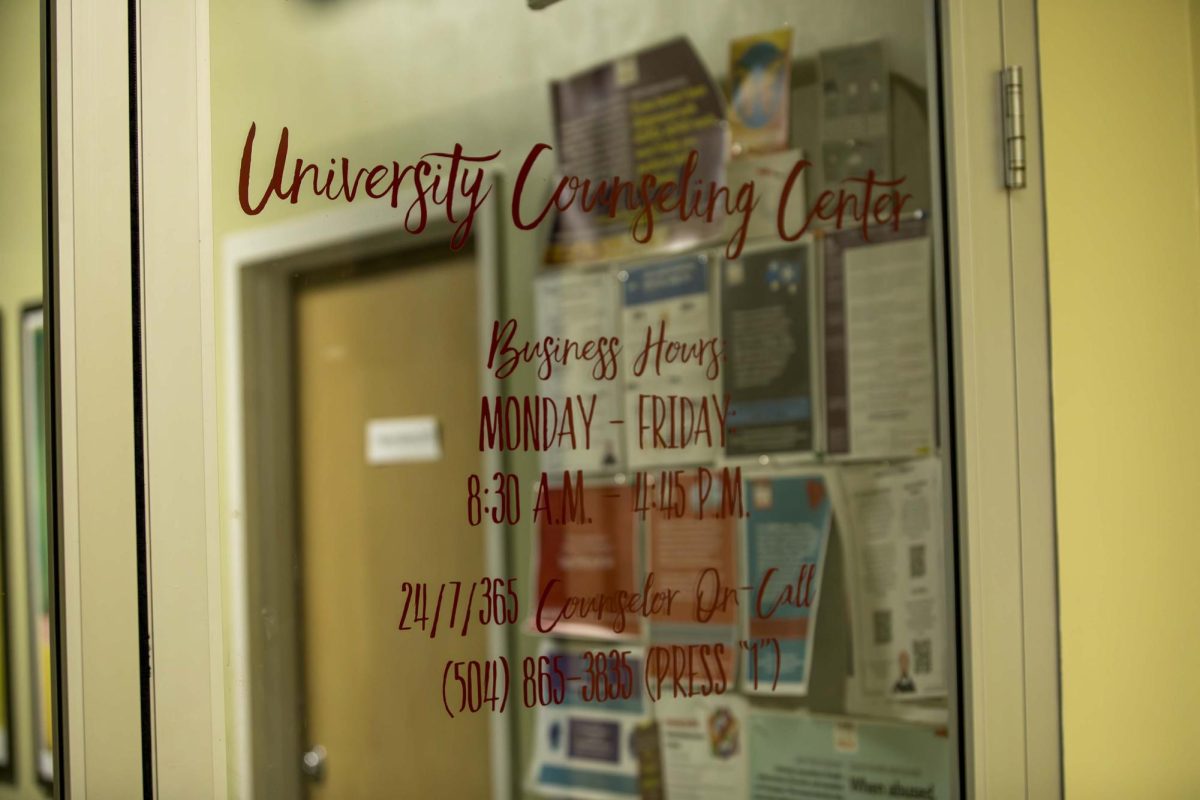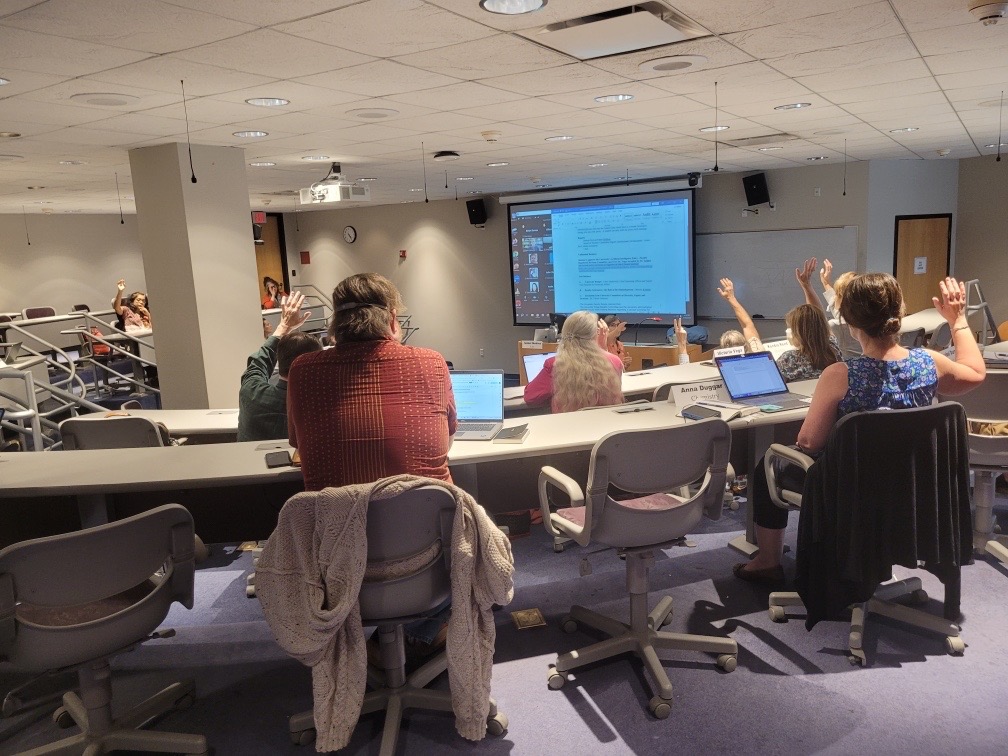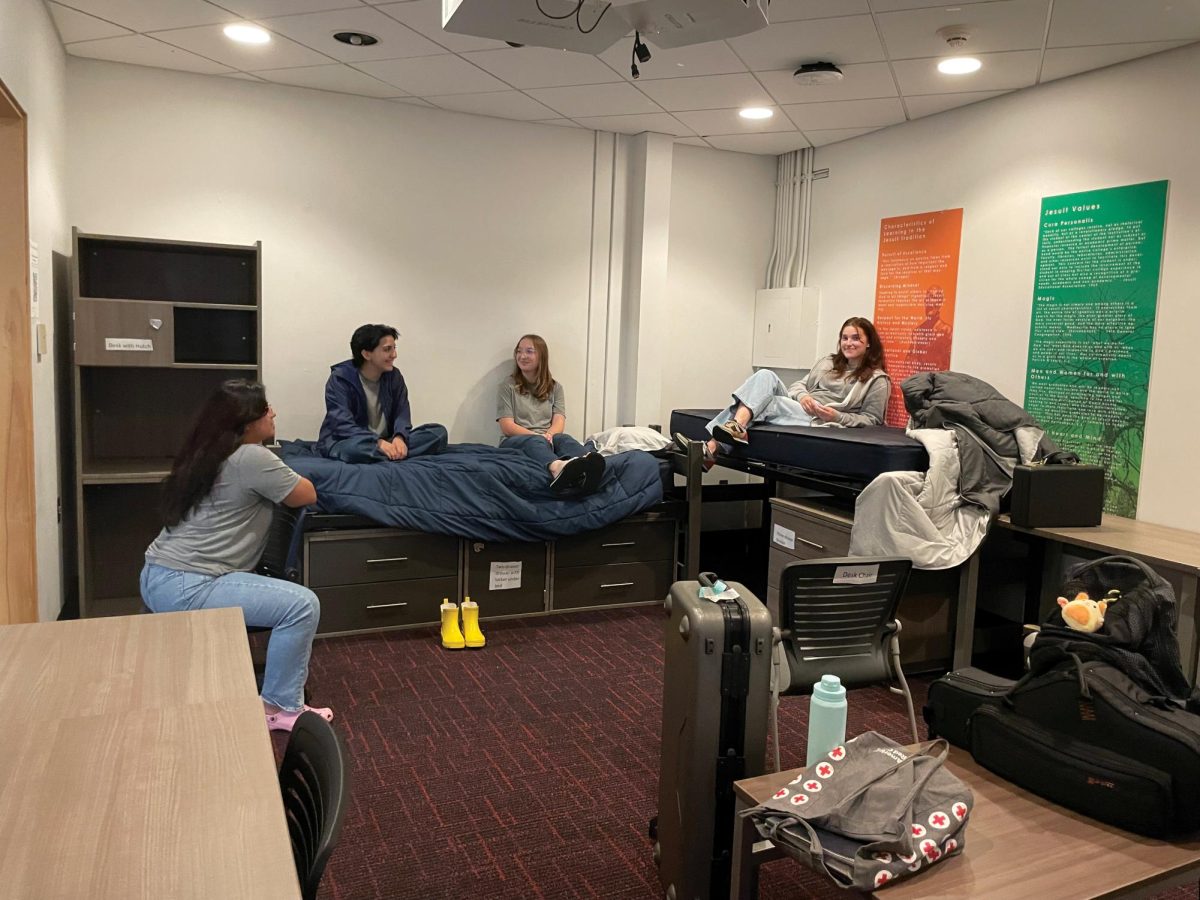Loyola hosted United for Racial Justice Week starting Sept. 12 to bring the university community together in combating racial injustice.
Across campus, students learned about topics of race through integrated classroom discussion and short seminars held in Nunemaker Auditorium and Monroe Library. Ashley Howard, history professor, and several of her colleagues along with the Office of Mission and Ministry, spearheaded the week’s development.
According to Howard, racial tensions have increased across the United States in recent months and Loyola needed to come together to combat conflicts of racial differences.
“In light of several racially charged incidents this summer, including the death of Baton Rouge man Alton Sterling and the subsequent protests, we knew that as a community we needed to come together to better understand these issues,” Howard said.
With an approaching national election in November, the intersection of race and voting rights was also a hot topic of the week.
“With states increasingly enacting laws that would have once violated the Voting Rights Act of 1965, it is important that we all recognize the role law can play in excluding certain people from the polity,” Howard said.
She said students were encouraged to think about ways in which the Loyola community could move forward with new knowledge of racial justice.
She also described ways professors have handled racially targeted discussion.
“Classrooms are a sacred place and I fully respect a professor’s right to teach what he or she feels is most valuable,” Howard said. “Discussions on diversity, in its many forms, belong in every discipline. Some of the great ideas that I have heard are: trans-cultural nursing approaches; reading Cornel West and Shakespeare in conversation; diversity in STEM fields; and indigenous rights in the United States.”
Rae Taylor, criminal justice professor, said her primary classes focus all semester on how race affects individuals and communities in terms of human rights and said those conversations need to be integrated into campus-wide discussion.
“Understanding the effects of race (and) ethnicity, as well as the intersection of race with other dimensions such as sex (and) gender, class, religion, disability, etc. is fundamental to understanding any social problem,” Taylor said.
Nicole Schmidt, psychology sophomore, said she was enrolled in a first-year seminar with Taylor last year that discussed issues of racial injustice and hyper-incarceration and said discussion of those issues should not be reserved for one class or one week of the semester.
“Honestly, this week should be everyday where we educate ourselves and stay aware of our own prejudices,” Schmidt said about Loyola’s United for Racial Justice Week.
Howard and Taylor echoed Schmidt’s sentiment, relaying that racial justice is more than just a week on a college campus and that the speakers who joined the Loyola community this week to hold miniature seminars and discuss issues of race demonstrate this prolonged commitment to racial justice.
“They demonstrate that the knowledge we gain in our classes is not solely about earning a degree,” Howard said. “It is about taking what we learn at this Jesuit university and using it to change the world.”
Taylor echoed how this week aligns with Loyola’s Jesuit charism.
“Ideally, every person, not just students, would be well versed in the study of inequality and its implications,” Taylor said. “But we would be failing in our mission, not to ensure that every Loyola student graduates here with an informed mind and heart and is someone who will seek justice for all people throughout their lives, no matter their occupation.”












